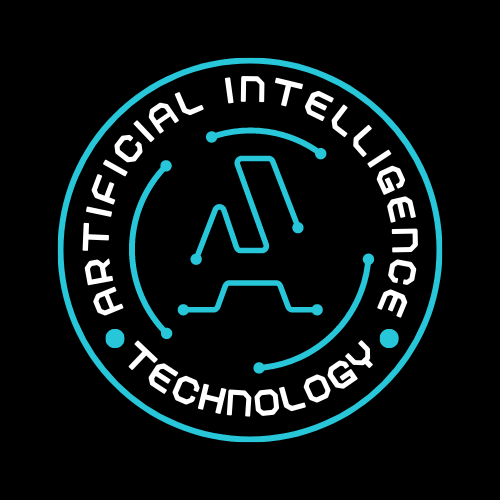The Ethics of Artificial Intelligence:
Balancing Innovation and Responsibility
Introduction:
The use of artificial intelligence (AI) is quickly changing how we work, live, and communicate with one another. From voice assistants like Siri and Alexa to self-driving cars, AI-powered technology is changing the world in unprecedented ways. However, as AI becomes more sophisticated and widespread, it also raises ethical concerns that must be addressed. The purpose of this blog is to explore the ethics of artificial intelligence and discuss how we can balance innovation and responsibility.
Ethical Concerns of AI:
The development and deployment of AI raise several ethical concerns. One of the primary concerns is the potential for AI to perpetuate and exacerbate existing biases and inequalities. The data that AI algorithms are educated on determines how objective they are. The algorithm will be biassed if the data is skewed. This can result in discriminatory outcomes that disadvantage certain groups, such as women and minorities.
Another ethical concern is the potential for AI to replace human workers, leading to job loss and economic disruption. While AI can increase efficiency and productivity, it can also lead to a widening income gap and exacerbate existing inequalities.
Privacy is another area of concern when it comes to AI. As AI collects and processes vast amounts of data, there is a risk that sensitive information could be misused or exploited. There is also the potential for AI to be used for surveillance and control, which could undermine individual freedoms and civil liberties.
Balancing Innovation and Responsibility:
To balance innovation and responsibility in the development and deployment of AI, several approaches must be taken.
First, it is essential to ensure that AI is developed and deployed in an ethical and responsible manner. This requires a collaborative effort between technology companies, policymakers, and society as a whole. Companies must prioritize ethical considerations in their AI development and deployment, and policymakers must establish regulations and standards to ensure that AI is used in a responsible and transparent manner.
Second, it is crucial to address the potential for AI to perpetuate biases and inequalities. This requires a focus on diversity and inclusion in AI development teams, as well as careful monitoring of AI algorithms to identify and correct any biases that may arise.
Third, it is important to mitigate the potential for AI to replace human workers. This can be achieved through upskilling and reskilling programs, which can help workers transition to new roles that require human skills, such as creativity, empathy, and critical thinking.
Finally, it is essential to protect individual privacy and civil liberties in the deployment of AI. This requires robust data protection regulations and transparency around how AI is used and the data it collects.
Conclusion:
AI has the potential to transform our world in profound ways, but it also raises significant ethical concerns that must be addressed. To balance innovation and responsibility in the development and deployment of AI, a collaborative effort is required between technology companies, policymakers, and society as a whole. By prioritizing ethical considerations and addressing the potential for biases, job displacement, and privacy violations, we can ensure that AI is developed and deployed in a responsible and transparent manner.







0 Comments